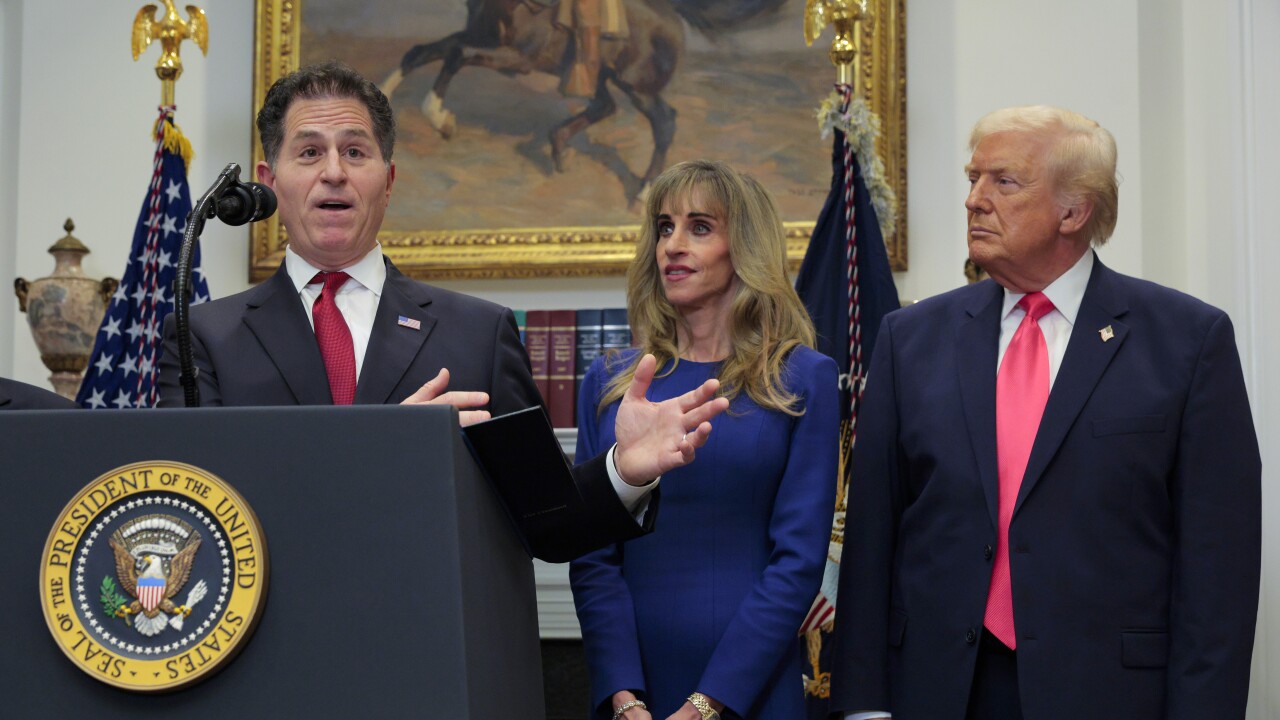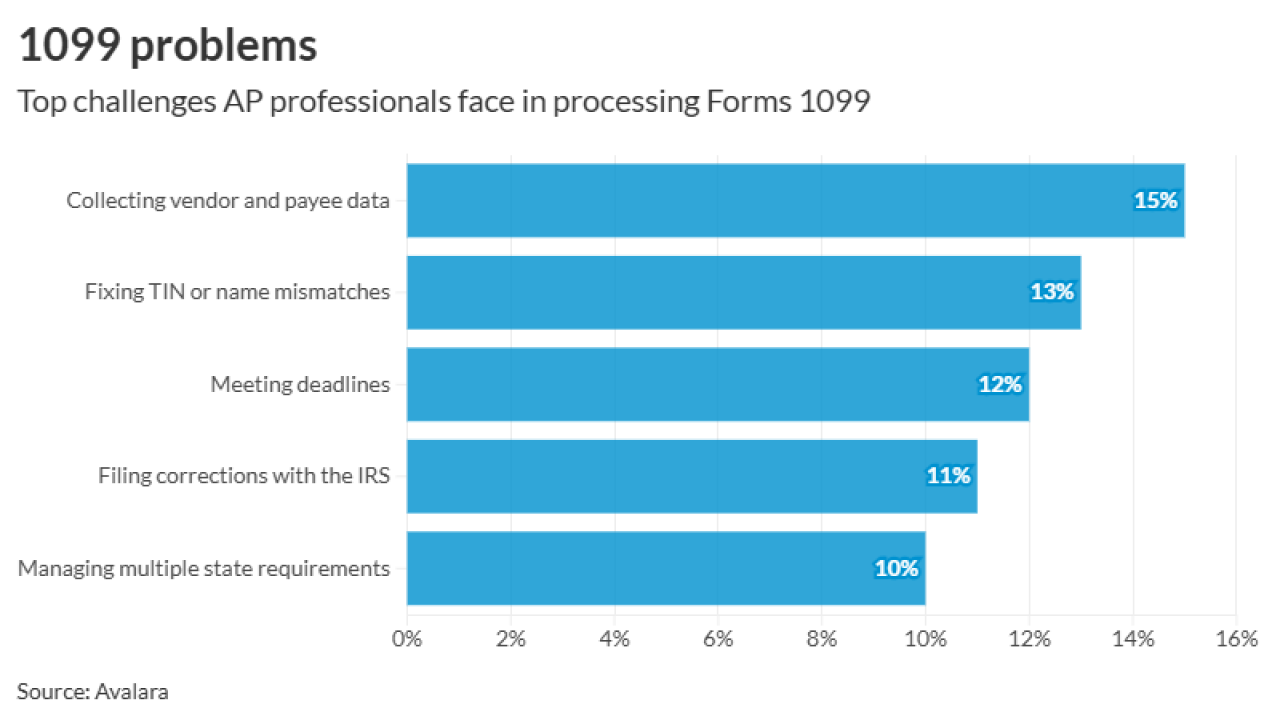The Congressional Budget Office has released a
The report, requested by Senate Budget Committee Chairman Kent Conrad, D-N.D., notes that the Highway Trust Fund is mostly funded now by taxes levied on gasoline and diesel fuel. About 25 percent of the nation's highways, which carry about 85 percent of all road traffic, are paid for in part by the federal government; the remaining funding for highways comes from state and local governments. However, fuel taxes paid by highway users do not yield enough revenue to support either the current federal spending on highways or the higher levels of spending that have been proposed. The Obama administration wants $556 billion in additional spending over the next six years on transportation projects, according to
As an alternative to raising fuel taxes, one possibility would be imposing taxes on vehicle miles traveled. In order to impose so-called VMT taxes, however, metering devices would have to be installed in vehicles to keep track of the number of miles traveled. They might work similarly to transponder systems such as EZPass, which allow drivers to prepay tolls in 14 states.
“One source of uncertainty is the cost to install metering equipment in all of the nation's cars and trucks,” said the report. “Having the devices installed as original equipment under a mandate to vehicle manufacturers would be relatively inexpensive but could lead to a long transition; requiring vehicles to be retrofitted with the devices could be faster but much more costly, and the equipment could be more susceptible to tampering than factory-installed equipment might be. Despite the various uncertainties and impediments, some transportation experts have identified VMT taxes as a preferred option.”
There also could be privacy implications in installing such devices. “The idea of imposing VMT taxes that vary by time and place has raised concerns about privacy because the process of assessing such taxes could give the government access to specific information about how individual vehicles are used,” said the report. “Various approaches have been suggested to allay those concerns, including restricting the amount of information about a vehicle's travel that is used in billing or restricting the kind of information that is conveyed to the government; making devices appealing to the public by allowing businesses to use them to provide other services, such as real-time traffic reports or electronic payment for parking; and allowing users to opt out of paying per-mile charges and instead pay higher fuel taxes.”
Transportation Secretary Ray LaHood proposed a mileage tax in 2009, but the Obama administration quickly dismissed the idea. However, the new CBO report said the VMT could be a "practical option" with electronic metering and billing technologies.





